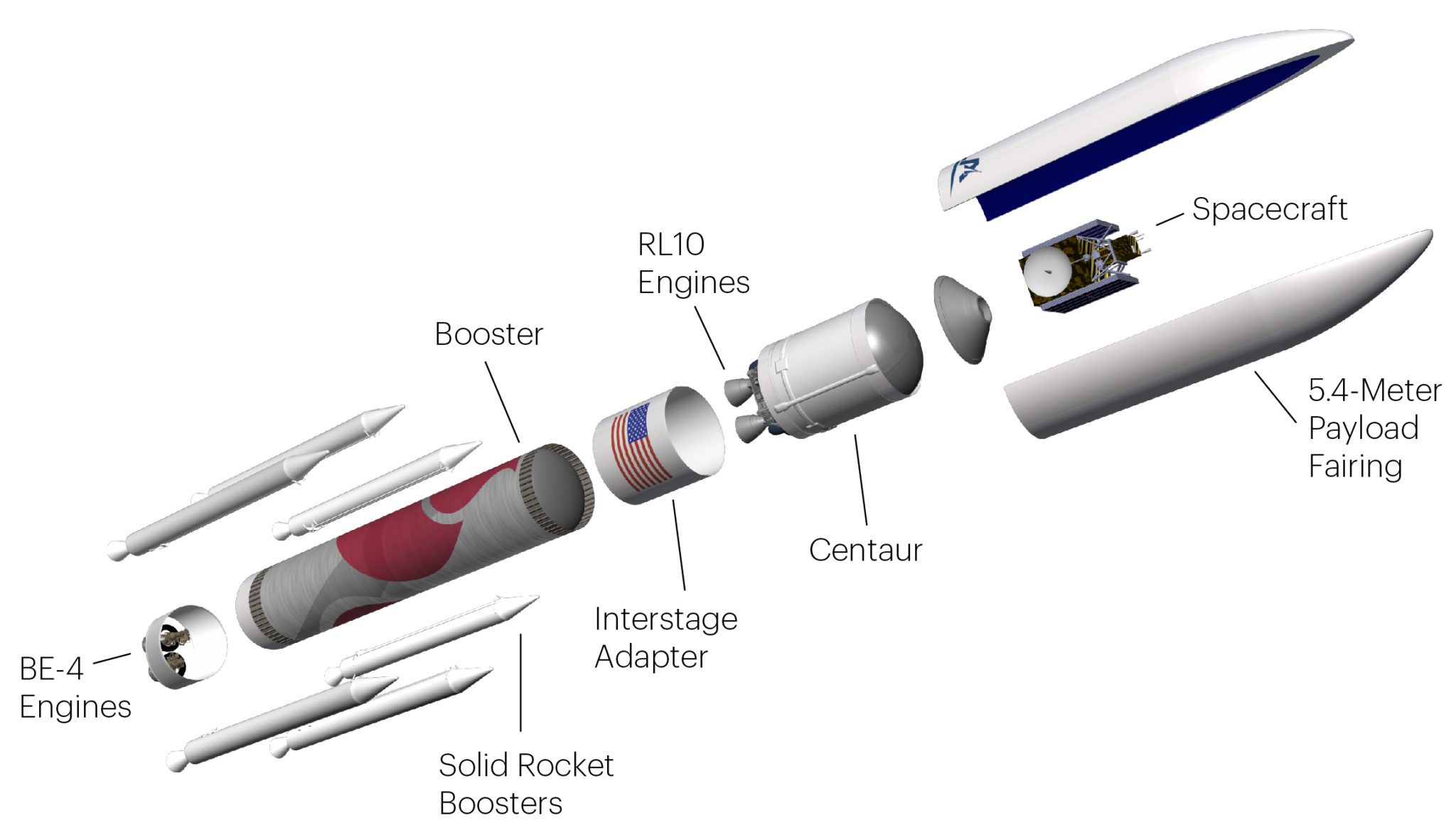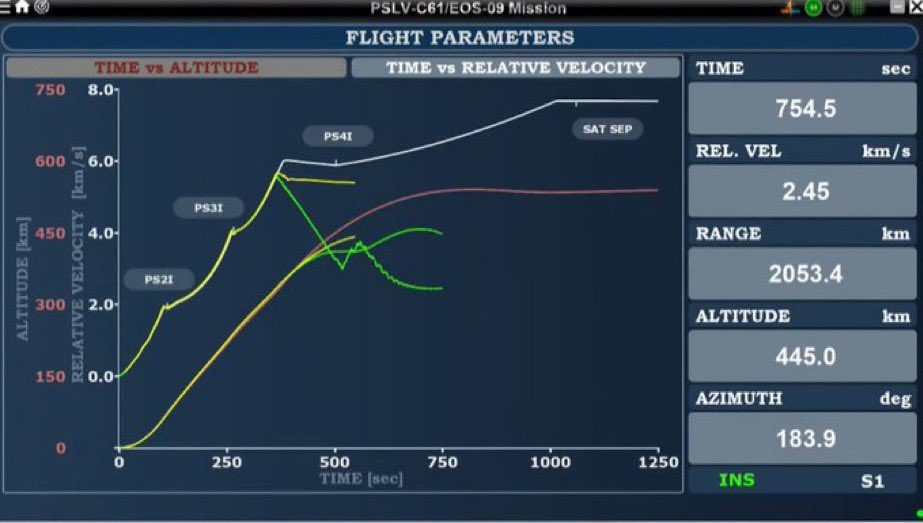The US Space Force has confirmed that it has contracted for a launch of its USSF-106 navigation satellite mission carrying the NTS-3 (Navigation Technology Satellite-3) spacecraft for the US AFRL (Air Force Research Laboratory). The NTS-3 is being built by L3Harris. It will be based in Geostationary orbit offering positioning, navigation and timing (PNT) signals as alternative to GPS navigation systems. The launch will be the first US national security flight for Vulcan. The first flight of the delayed Vulcan will be in May when it will launch the Astrobiotic Perigrine lunar lander on its way to the Moon, along with two Kuiper demonstration communications satellites for the Amazon Kuiper constellation. Also aboard will be a cremated ashes payload for space memorial company Celestis. If this is successful, the second flight of the Vulcan will launch the Sierra Space’s Dream Chaser space plane to the International Space Station, then the NTS-3.
Starfish Space, a Washington based startup, raised US$14 million in its latest funding round. The injection of money brings the small company’s total fundraising to date to over US$21 million. The startup, which was formed in 2019, plans to put its new financing toward development of Otter, its electric servicing spacecraft and its satellite life extension and debris removal service.
OQ Technology of Luxebourg has ordered three new 6U CubeSats from Konsberg Navoavionics to add to three other Konsberg-built satellites IN its internet-of-things (IoT) constellation (one, the part ESA-financed MACSAT, is yet to be launched due to failure induced Vega-C launch delays). The constellation actually works in narrowband and hence is defined as an NB-IoT constellation.
Airbus DS has received an order from Angola to build it a Earth Observation satellite based on its S250 platform, to be known as ANGEO-1. The satellite will be built in French Airbus facilities and as part of the contract will include training for Angolan engineers.
Late news: On 21 February, Rivada Space reported to authorities that it had secured a multi-launch contract with SpaceX for 12 missions. These launches will carry the Rivada payloads into a lower orbit from where they will propel themselves up to 1,050 km. To meet the first deadline launches for the first batch are planned to commence in H2 2025. The second batch should see launches begin before the end of 2025.
During February: American GEO operator EchoStar signed a contract with small satellite manufacturer Astro Digital for a fleet of 28 satellites to support a S-band mobile Satellite Service (MSS) network.








